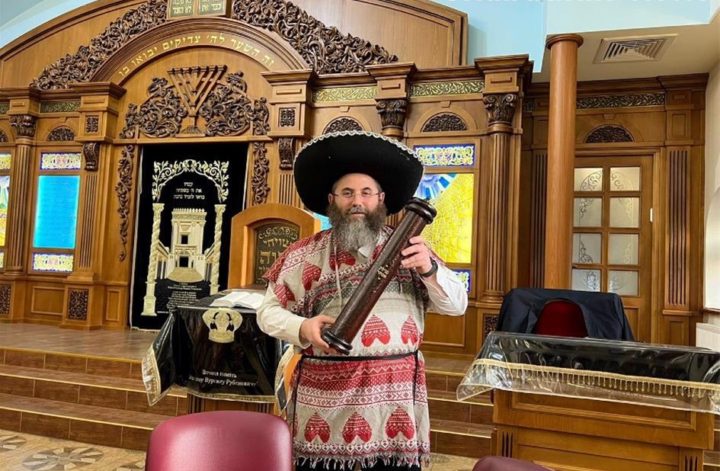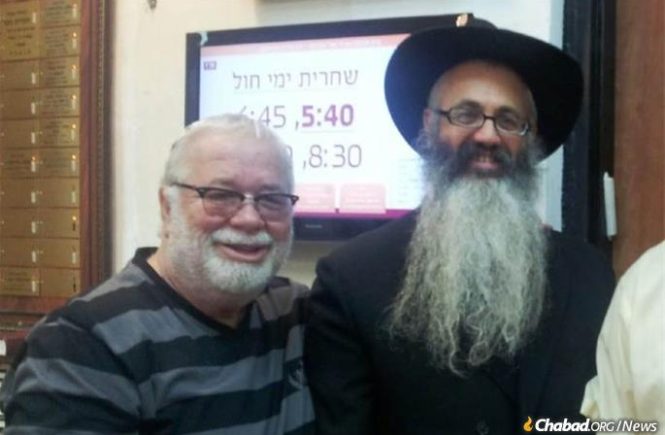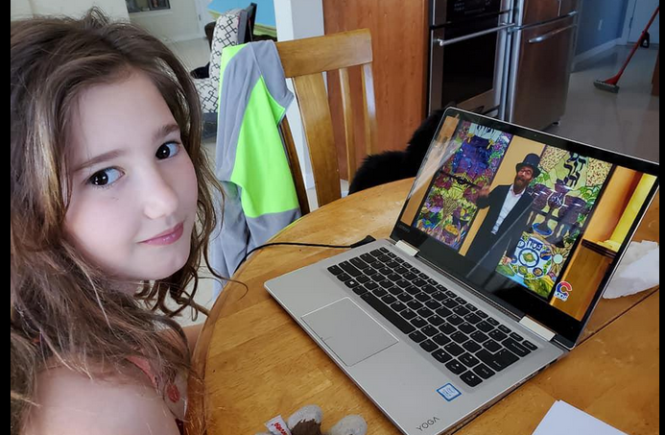Thousands of rabbis and communal leaders from around the world are converging on New York City over the next few days for an annual conference that celebrates Jewish pride and unity. Hailing from 100 countries, the International Conference of Chabad-Lubavitch Emissaries (Kinus Hashluchim), which started Wednesday and runs through Monday, will give these rabbis an opportunity to share ideas and best practices while drawing inspiration and guidance from the teachings of the Rebbe—Rabbi Menachem M. Schneerson, of righteous memory—and each other.
The annual conference, the world’s largest rabbinic gathering—which draws nearly 6,000 rabbis and communal leaders—comes as the world marks 25 years since the passing of the Rebbe, Rabbi Menachem M. Schneerson, of righteous memory. As a new generation of Jewish leaders emerges, they continue to turn to the Rebbe’s teachings for inspiration and guidance.
Coming in the wake of a series of anti-Semitic tragedies—including the April shooting at a Chabad center in Poway, Calif., that left one dead and three others injured—the rabbis will take part in seminars and workshops on the topics of combating anti-Semitism, the pressing need for moral education, and fostering Jewish pride in the face of growing hostility, among other topics.
The Opportunity to Learn From Others
Chabad Flamingo in Thornhill, Ontario, has been directly affected by anti-Semitism multiple times, including having the glass in its front windows smashed last year, said co-director Rabbi Mendel Kaplan.
“The challenge is to remain optimistic and to celebrate Judaism joyously, instead of being brought down by negativity. Of course, that’s easier said than done,” he said, citing the Kinus as a place to draw strength from his colleagues. “We’re supposed to be in the business of optimism—that’s the way the Rebbe wanted us to live our lives.”
In addition to a zero-tolerance attitude towards anti-Semitism, times like these call for more Jewish pride and more commitment, he emphasized. “As a rule, darkness is not beaten with sticks, so in a time when there’s more negativity and more darkness, we have to add more light.”
Along those lines, Kaplan, who looks forward to connecting with friends and having meaningful one-on-one conversations, says he hopes to bring back to his community “lots of joy and inspiration, and a redoubled work ethic.”
Rabbi Menachem Heller, co-director of Chabad of Bushwick in Brooklyn, where the peace of a Shabbat dinner was shattered by vandals in February, says he expects the topic of security to be a necessary part of the conversation this weekend. The goal, he says, is to help people feel more secure and empowered as Jews, without making contemporary anti-Semitism the focal point of their lives. In fact, life’s challenges can be used to serve as inspiration for proactive Jewish activities.
“Every emissary is dealing with it in their own positive way, based on what they need, what their community wants to see and how their community feels about it,” attests Heller.
That said, the Kinus will be about much more than anti-Semitism, he notes.
Heller has attended 10 of them, explaining that even rabbis need time to recharge with peers and friends. “For me, it’s a re-energizer; it’s a place where you go and spend some time thinking about yourself, what you need to do to grow in your shlichus and your personal life,” he says. “I learn from other people, see what I’m doing wrong, what I could do better, get new ideas … there’s always room for that.”
Heller adds that “you never know what to expect. It’s usually something you hadn’t thought about that comes up in a discussion or a course.”
Like many emissaries worldwide, he tries to give community members the chance to take part in the Kinus experience. In his roughly 11 years in the Bushwick, he always brings people with him to the program, in part to experience the magnitude of Sunday evening’s gala banquet, an electrifying event which includes a keynote speaker, dinner, roll call and dancing. The banquet is being held at the New Jersey Convention and Exposition Center in Edison, N.J. on Sunday, Nov. 25, and will be streamed live on Chabad.org beginning at 5:30 p.m.

200 Lay Leaders at Partners Conference
Before that, nearly 200 lay leaders will gather on Sunday morning to connect with each other and get an inside look at how their Chabad fits into the bigger picture, says Rabbi Dovid Eliezrie, co-director of the North County Chabad Center in Yorba Linda, Calif., and co-chair of the Kinus Partners program. Participants will spend time hearing about other communities, as well as the history of Chabad and its emissaries’ work. They’ll learn about educational initiatives, and from rabbis who ventured into the unknown and went on to be part of major community transformations.They’ll get to watch the rabbis all gather for their annual photo and then later on take part in the eagerly awaited gala banquet.
The Partners program began in 1998, notes Rabbi Lipa Brennan of Merkos L’Inyonei Chinuch—the educational arm of the Chabad-Lubavitch movement—who is a program co-chair and served as coordinator of the first Kinus back in 1984, as a way to give friends and supporters a window into the growing global organization.
“Partners come away with a deeper understanding that they’re part of something much, much bigger than what they thought of before they came,” Brennan says. “It’s one of the Kinus’s hidden treasures because of the quality of the speakers, because of the intimacy of the event, and because of the standard of the program—the meals and the location and everything that goes with it.”

Highlights of Four-Day Event
The spiritual highlight of the conference will take place on Friday morning, when emissaries board buses and head to Queens, N.Y., to visit the Ohel—the resting place of the Rebbe. The Ohel is a place of contemplation and prayer, and the rabbis bring with them handwritten letters, notes and requests for blessings from their families and communities. More than that, the visit to the Rebbe’s resting place—where they will wait in line reciting Tehillim (Psalms), studying the Rebbe’s teachings and reflecting on their work—is an opportunity for them to refocus and rededicate their energies to the Rebbe’s global vision.
On Shabbat, emissaries and guests will spend time learning and praying in the Crown Heights neighborhood of Brooklyn, the worldwide headquarters of the Chabad-Lubavitch movement. They will also participate in farbrengens (Chassidic gatherings), where they will share Torah thoughts and stories, as well as sing Chassidic melodies.
On Sunday morning, thousands of rabbis will pose for their annual “class picture” outside of Chabad Headquarters at 770 Eastern Parkway.
Howard Glowinsky, of the Chabad Flamingo community, has attended the banquet a number of times and says he looks forward to returning this year.
“I just find it’s a big inspiration to see the full extent of Chabad’s operations worldwide,” he says. “It’s absolutely amazing to see how they’re connected to Jews anywhere and everywhere, and that no Jew is not important enough that they shouldn’t find them wherever they should be and provide for them.”



